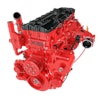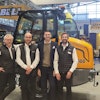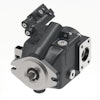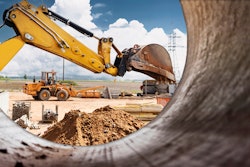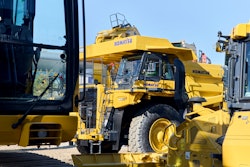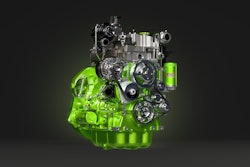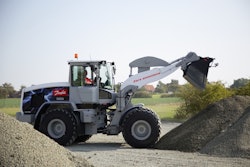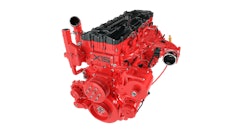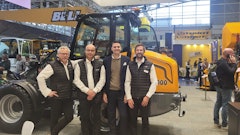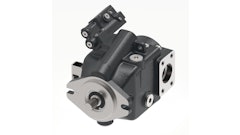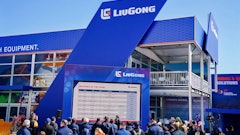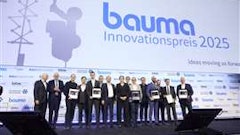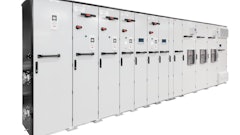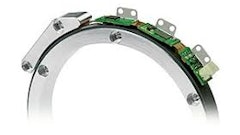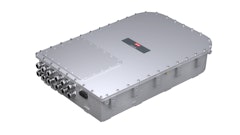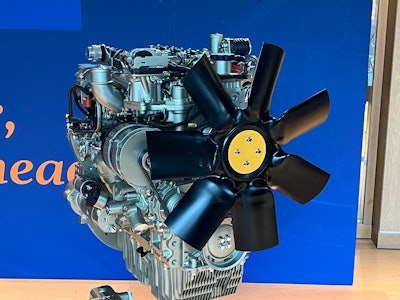
The Perkins press conference at The Design Studio in London was an interesting choice for a setting. Highlighting engine technology developments, public-private partnerships for hybrid engines and alternative fuels and a preview for bauma 2025 in Munich might seem strange. Then again, there were displays throughout the museum that highlighted the evolution of technology and how far we’ve come. So... maybe not so much.
“The future is changing and there’s no one right solution,” said Vicki Reeves, global marketing and channel development director at Perkins, during the opening presentation.
The speed and intensity at which things have changed is startling and it’s created a strange dynamic between customer and manufacturer. As the saying goes, “Have it your way,” which is fair enough. It’s more than just burgers, though: We want our cars to be custom-built off the assembly line and the same is true for the technology that go into off-highway vehicles.
James Gardiner, product marketing manager, said in his presentation: “We need to continuously develop the core engines. An optimized engine provides the building blocks for the future and help provide customers with solutions while developing engines and technology for the future.”
Perkins’s emphasis on partnering with other companies and universities is one way in which they’re trying to build on the future. Project Coeus, which is focused on delivering a power solution with alternative fuels. There are many reasons for this, some of which are legislative or standards-based, but in the end, it’s about delivering a better product. It’s about giving original equipment manufacturers (OEMs) the ability to use the fuels that are the most accessible.
Results will be on display at bauma in Munich in April and it’ll be interesting to see what progress has been made and what the end result will be in two months when the project officially winds up. To me, personally, it won't end with Project Coeus.
As it is with all manufacturing, there is an evolution and revolution stage. The revolution leads to evolution and back around it goes. There was plenty of that during the Perkins press conference in London and there will be even more in bauma. A recap of the show will be featured in the May/June issue and online.


